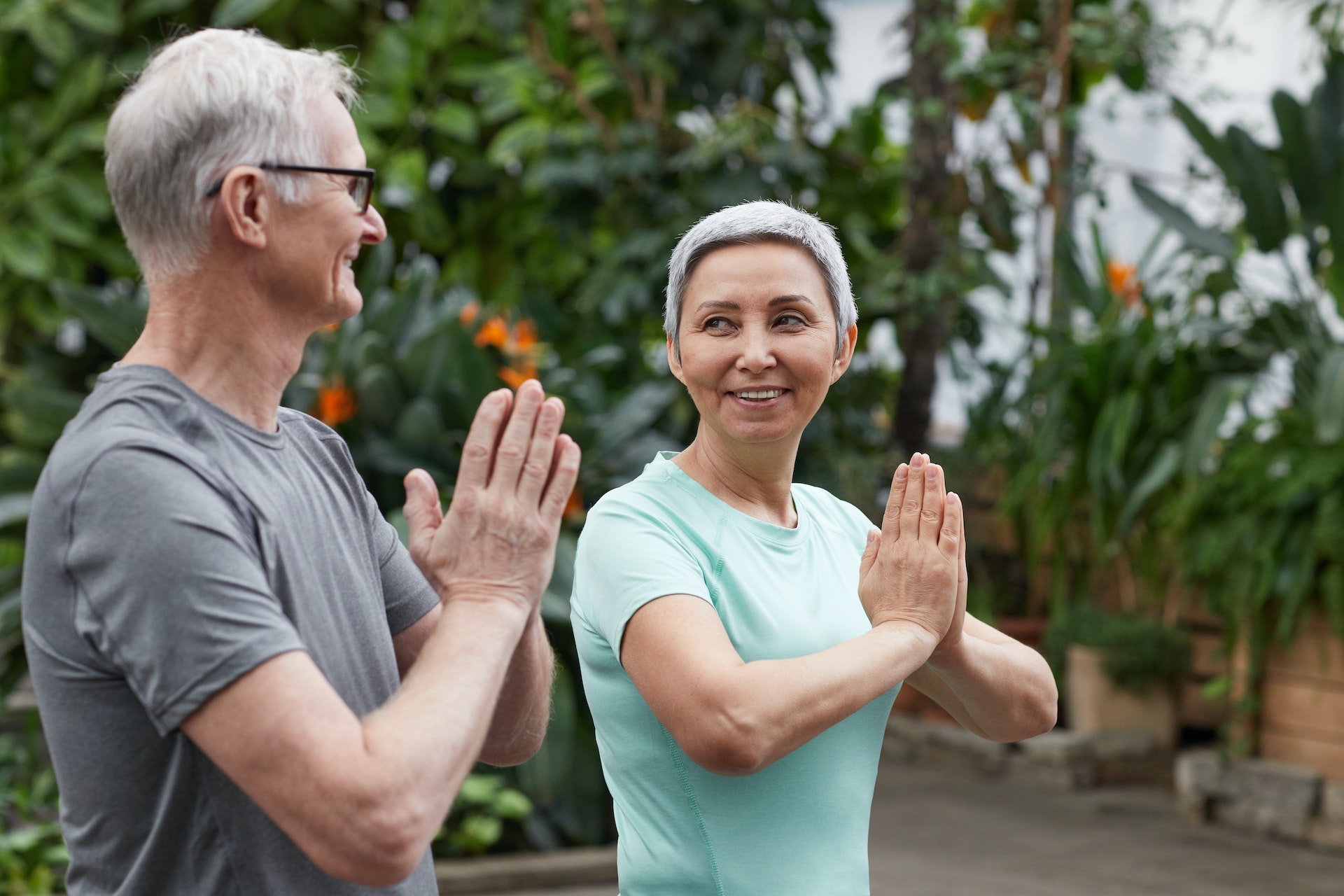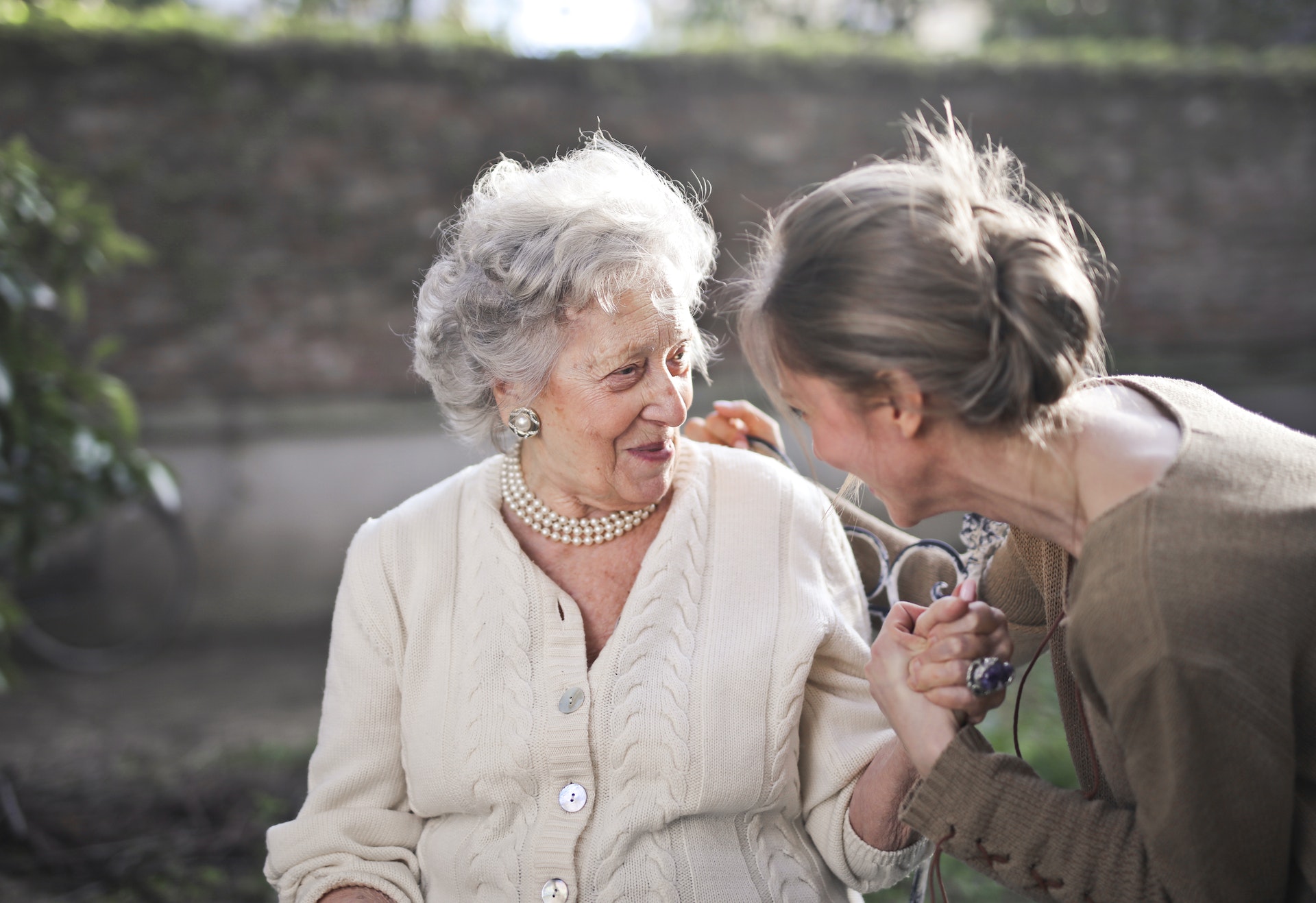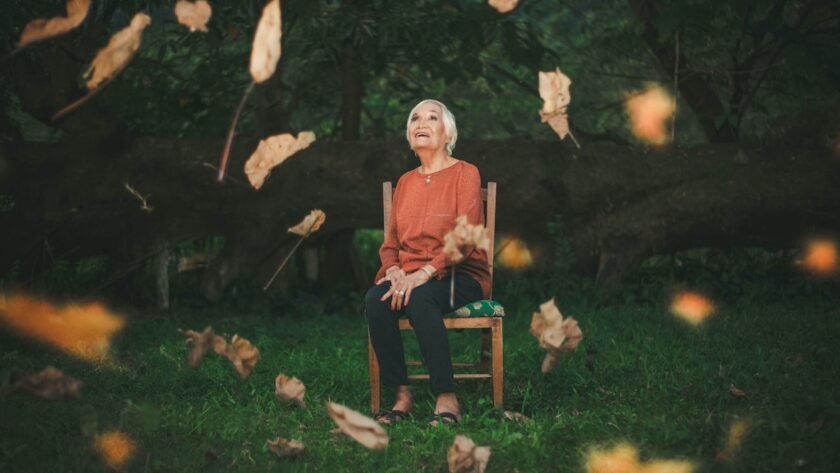Ageing is a natural process, and as we become older, it’s more crucial than ever to preserve our mental health. It’s critical to concentrate on the needs and well-being of older folks in a culture that frequently places a premium on youth and physical health. Senior citizens can maintain a good outlook and live happy lives with the correct methods and assistance.
In this post, we will examine five factors that can help older persons develop and maintain good mental health in a way that’s possible to achieve for everyone, no matter if they are alone or have plenty of support.
Improve your physical activity

For older persons to preserve their physical and mental health, regular physical activity is crucial. Exercise helps to promote mobility, lower the chance of developing chronic diseases, and enhance general health. Moreover, by releasing endorphins, elevating self-esteem, and encouraging better sleep, physical activity can aid in reducing the signs of anxiety and melancholy. In order to choose an exercise program that is suitable for their requirements and skills, older folks should speak with their healthcare practitioners. Additionally, seniors can develop their social bonds while preserving their physical health by combining physical activities with social components, such as exercising with their caretaker, engaging in group exercise courses or joining walking groups.
Work on your social connections
The significance of preserving solid social ties as we age cannot be emphasized enough. An older person’s mental health can benefit immensely by developing and maintaining ties with friends, family, and community members. Social activities like joining groups, working out in a group, and volunteering can help people feel like they belong and have a purpose in life. Countries that have amazing senior communities and homes, like Australia, offer a variety of ways to stay social every day of your life. Facilities that provide excellent aged care in Melbourne offer a variety of chances for social engagement, enabling seniors to form deep bonds and combat feelings of loneliness.
Do some daily mental stimulation
Maintaining cognitive function and mental well-being as we age requires keeping the mind busy and engaged. Older folks should read, do puzzles, learn a new skill like a musical instrument or a foreign language, or engage in other challenging and brain-stimulating activities. Additionally, engaging in social activities that stimulate the mind, like playing board games or going to discussion groups, can help to maintain mental health. Intergenerational ties can be cultivated and additional cognitive stimulation can be achieved by encouraging older persons to mentor or tutor younger generations.
Eat a more balanced diet to feed the brain

A balanced, nutrient-rich diet is essential for maintaining mental wellness. Optimal cognitive function, maintaining a healthy weight, and avoiding chronic diseases can all be achieved for older persons by eating a variety of fruits, vegetables, lean proteins, and whole grains. Additionally, maintaining hydration as well as reducing processed food and added sugar intake will help improve mental wellness. Seniors who want specialized guidance on maintaining a balanced diet that matches their unique needs may think about speaking with a nutritionist or dietitian. Elderly residents should have access to wholesome, enticing food selections, and caregivers and aged care institutions should be aware of the significance of nutrition for mental health.
Seek professional help

To maintain their mental health, older folks may occasionally require professional assistance. Elderly people and the people they care about must learn to spot the warning signs of mental health problems and get the help they need from counselors or other healthcare providers. Seniors who receive early intervention can continue to live happy lives and see a considerable improvement in their mental health outcomes. Older folks can feel more comfortable asking for help when they need it if there is open communication and a solid support structure in place. There will be a greater emphasis on developing readily available resources as society becomes more cognizant of the mental health difficulties experienced by elders.
Older people can draw inspiration from the knowledge of earlier generations and share their experiences with younger people, establishing a cycle of understanding and support for people of all ages. We can make sure that older persons may continue to make significant contributions and experience a good quality of life by supporting a society that recognizes and cherishes its ageing population. Aging gracefully is ultimately about enjoying the path of life and finding joy in the small, everyday moments that weave together our vast tapestry of experiences.



